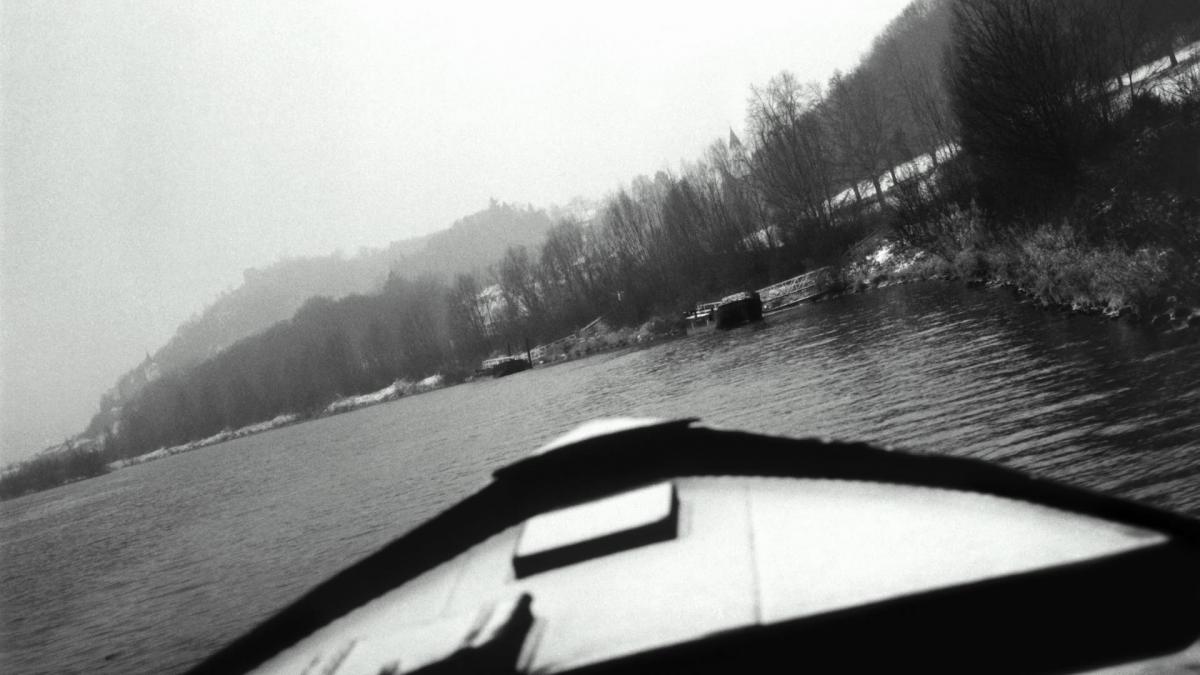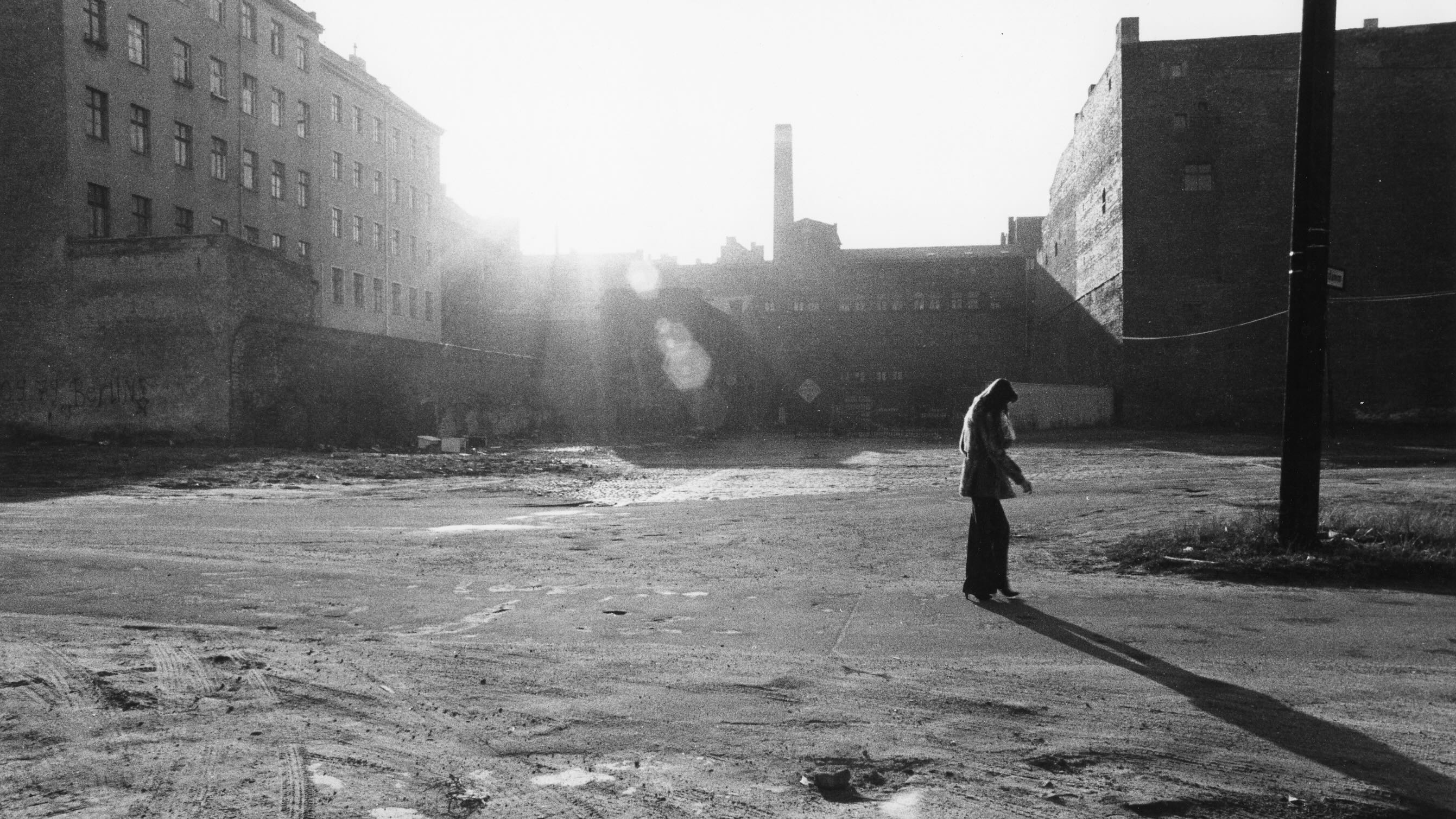Annik Leroy's To The Sea can be seen and heard as an elegy and a meditation. Its rhythm follows that of the long, mythical river Danube, the only one that tells the story of a broken and torn Europe, whose history of destructiveness and human suffering still resonates. Like the river, the images of this film flow past different seasons and languages, but also along the political borders of the young nations emerging from disintegrated Yugoslavia. At each border crossing, a new world seems to reveal itself.
Over several years, this filmmaker took her time to meet this river and the people living on its banks. The beautiful cinematography, in black-and-white and Leroy's beloved 16mm, gives us time to look and listen. The long shots of silent snow landscapes and rustling treetops invite the viewer to listen to the ancient memories embedded in them and leave her free to think, to dream, to travel. To the sea does not take us down paths already trodden. It surrenders to unknown shores, where nothing happens and boats glide by like trains. This does not signify an absence of a story, but a story of an absence, which has willfully divested itself of any concern for an unambiguous narrative or action.
The people Leroy meets speak directly to the camera, telling snippets of their lives: regrets, memories, worries. And their speaking too ripples on, branching off into tributaries and merging into a stream of consciousness in which the little stories flow into the big ones: they tell us about the Russians, the Germans, the before, the after, the borders and survival.
“To The Sea is a documentary about and inspired by the Danube, the river of Mitteleuropa. The Danube, the only river of our continent that connects so many people, is such a confusing mix. It is the route that links the West to the East, a myth as much as a reality, an epic towards the sea. A presence so strong, so dazzling, that it freezes the gaze and brings us back to a certain humility. A film that wants to situate itself between poetic reverie, historical and contemporary reality, encounters with those who live along the shores of the river. Will the river be the symbol of something else than itself?”
Annik Leroy
“This is the magic of a powerful cinema, personal and shorn of all banners and flags. What moves me even more strongly in To The Sea is the music of its languages, the diversity and softness of the words, simple sentences which connect the people who wonder where the river comes from, where it is going, who still take the time to reflect and to whom the film grants this time.”
Daniel De Valck



